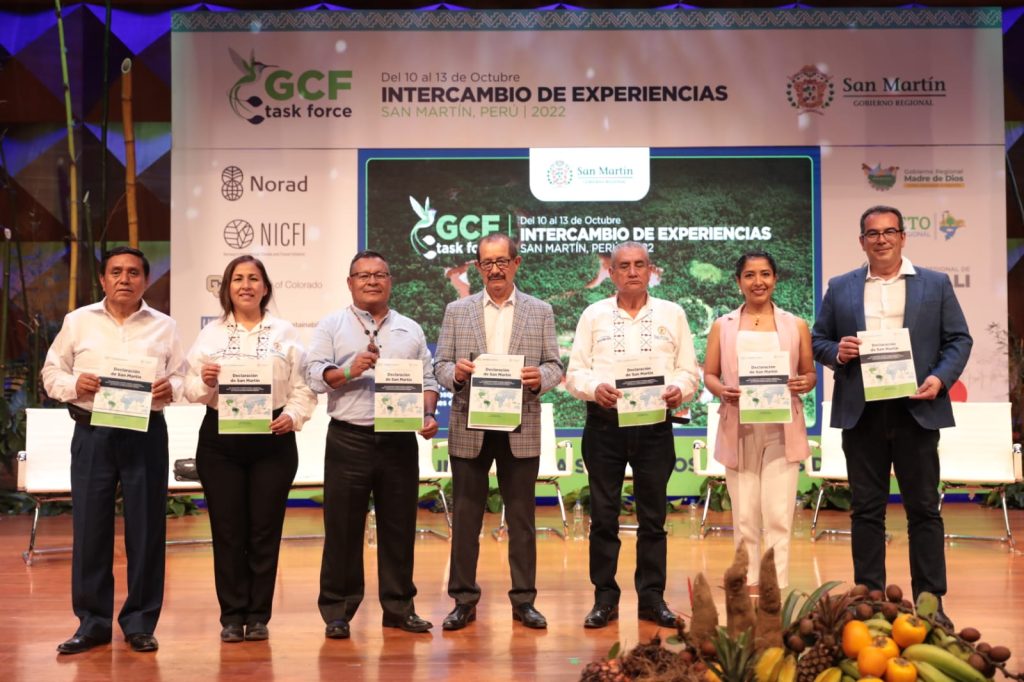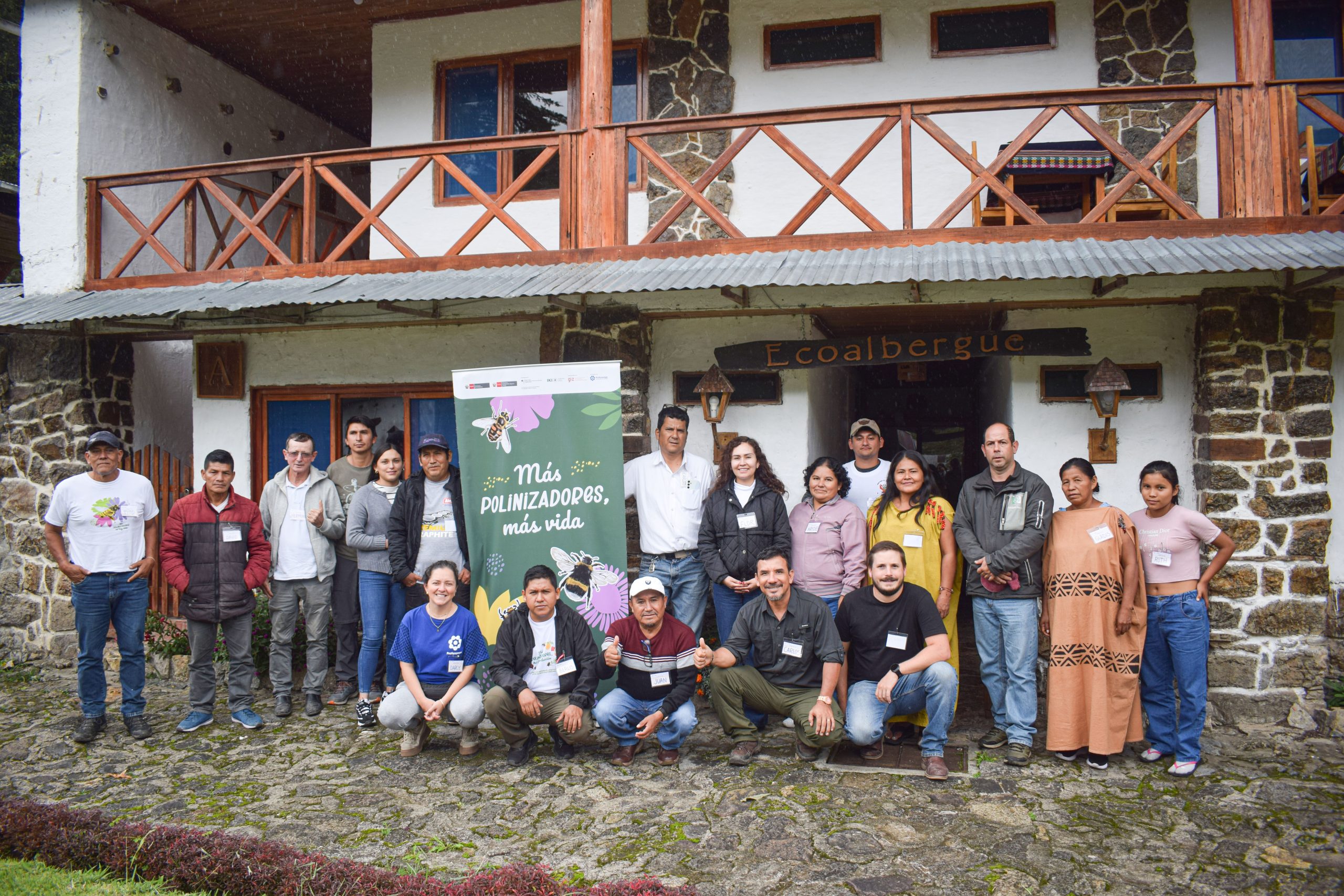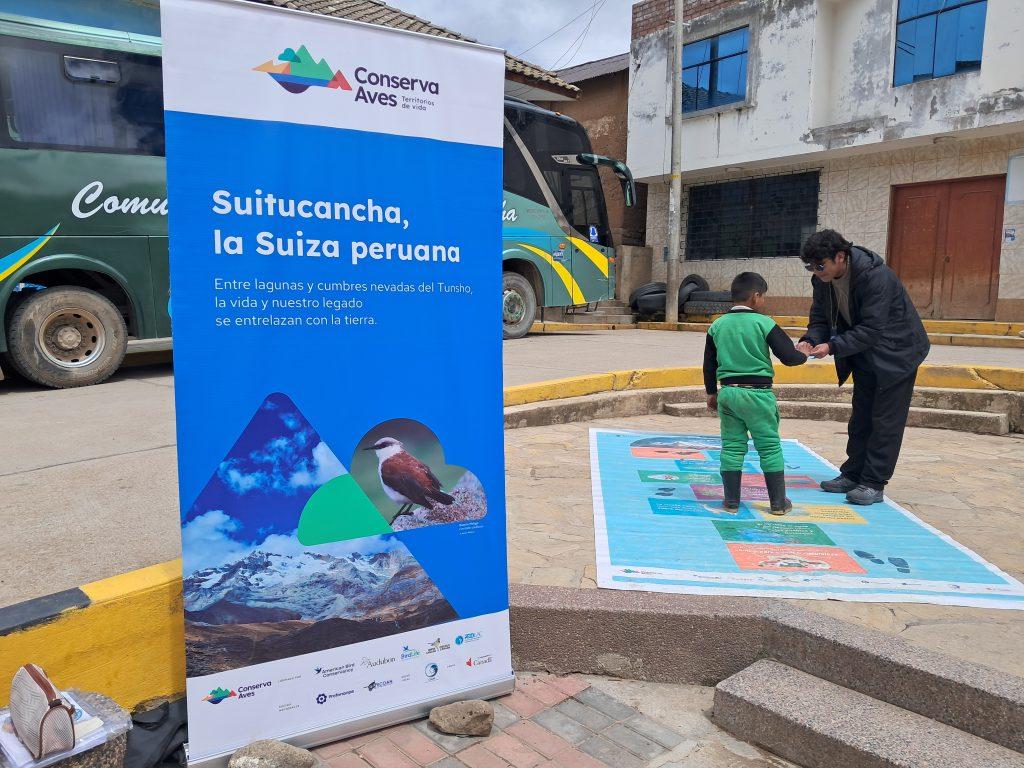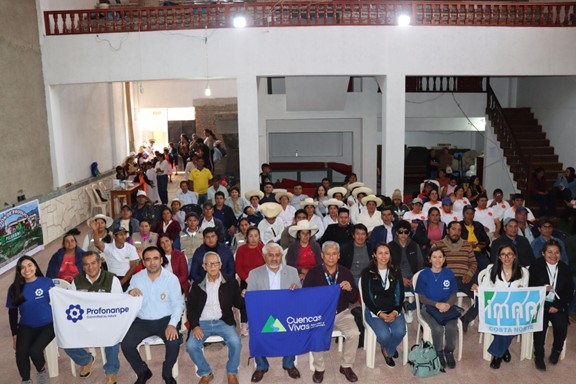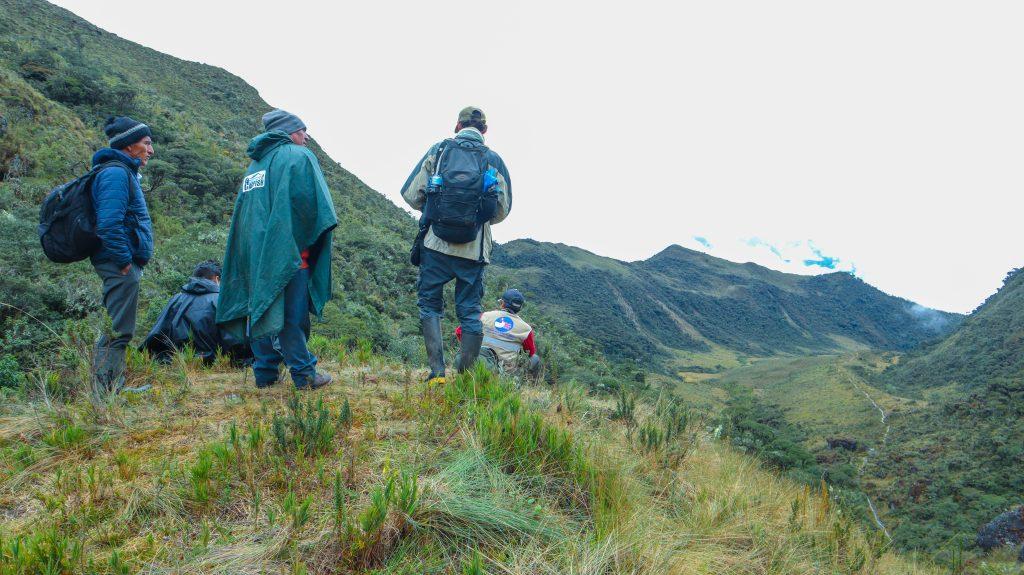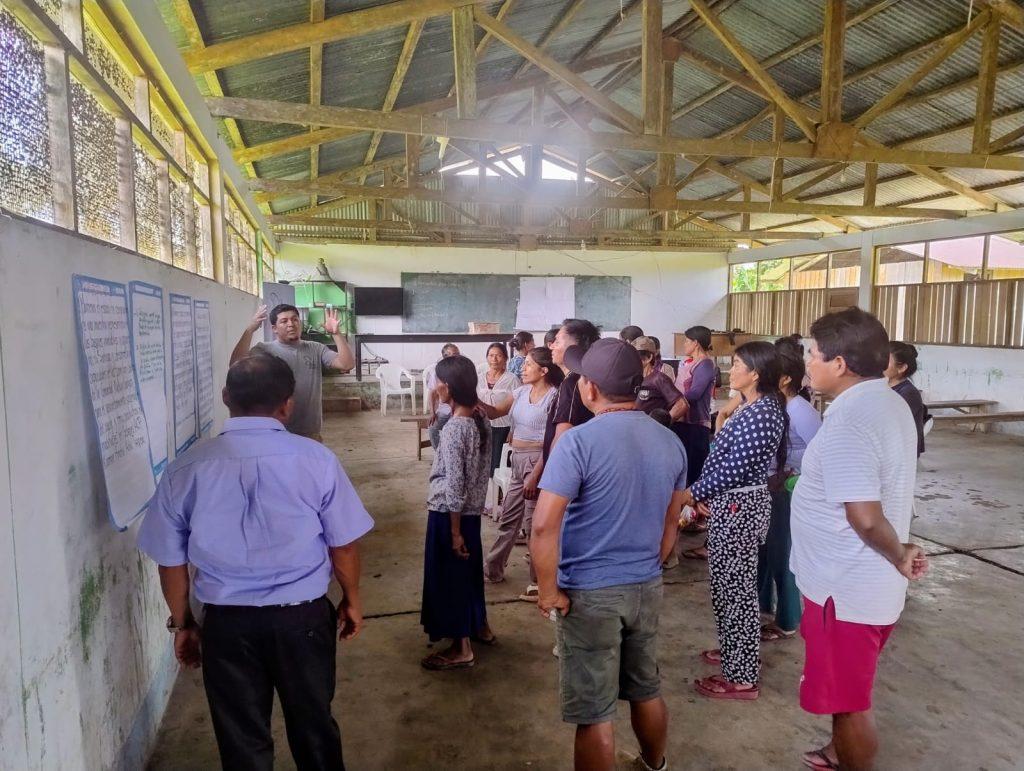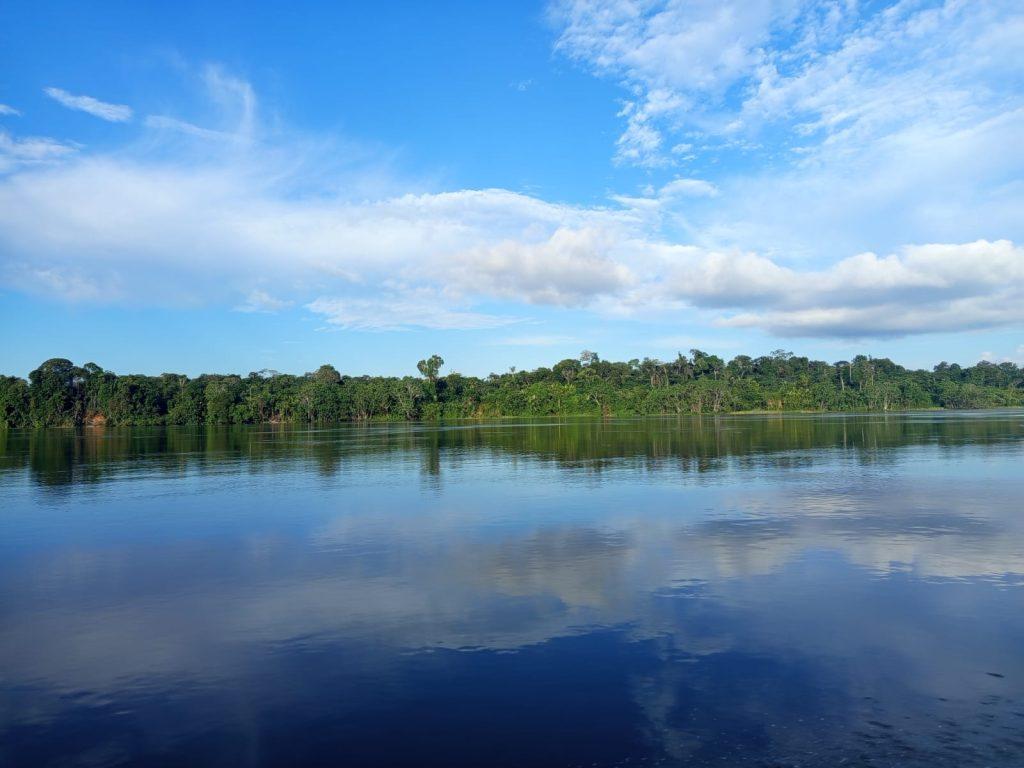(Photo: Regional Government of San Martín)
From October 10 to 13, the first GCF Task Force Experience Exchange was held, an event in which more than 60 conservation experiences were presented and which brought together authorities from 39 subnational governments from 10 countries and more than 70 organizations that work with a view to sustainable development in the Amazon. During this meeting, the San Martín Declaration was signed, in which the subnational governments that belong to the network commit themselves to comply with 8 agreements that range from the involvement of the Indigenous or Native Peoples of the Amazon, to the promotion of scientific research and the incentive to the private and financial sector. The Declaration of the Global Group of Indigenous Peoples and Local Communities of the GCF Task Force, which establishes the importance of the involvement of the local population in the sustainable development of the Amazon, also became effective.
During the opening, Pedro Bogarín, regional governor of San Martín, presented the progress made by his region in the sustainable use of Amazonian resources, highlighting that 85% of its areas are destined for conservation and 15% for economic activities. To achieve these advances, he highlighted the role of the political decision-maker: “If those in power do not make the decision to do things, we will spend every year in meetings. It is very difficult to make progress if the politician does not make use of pragmatic tools based on the territorial approach. Our livelihood is to give welfare to the people, to give them economy, to improve their quality of life to save the forests.”
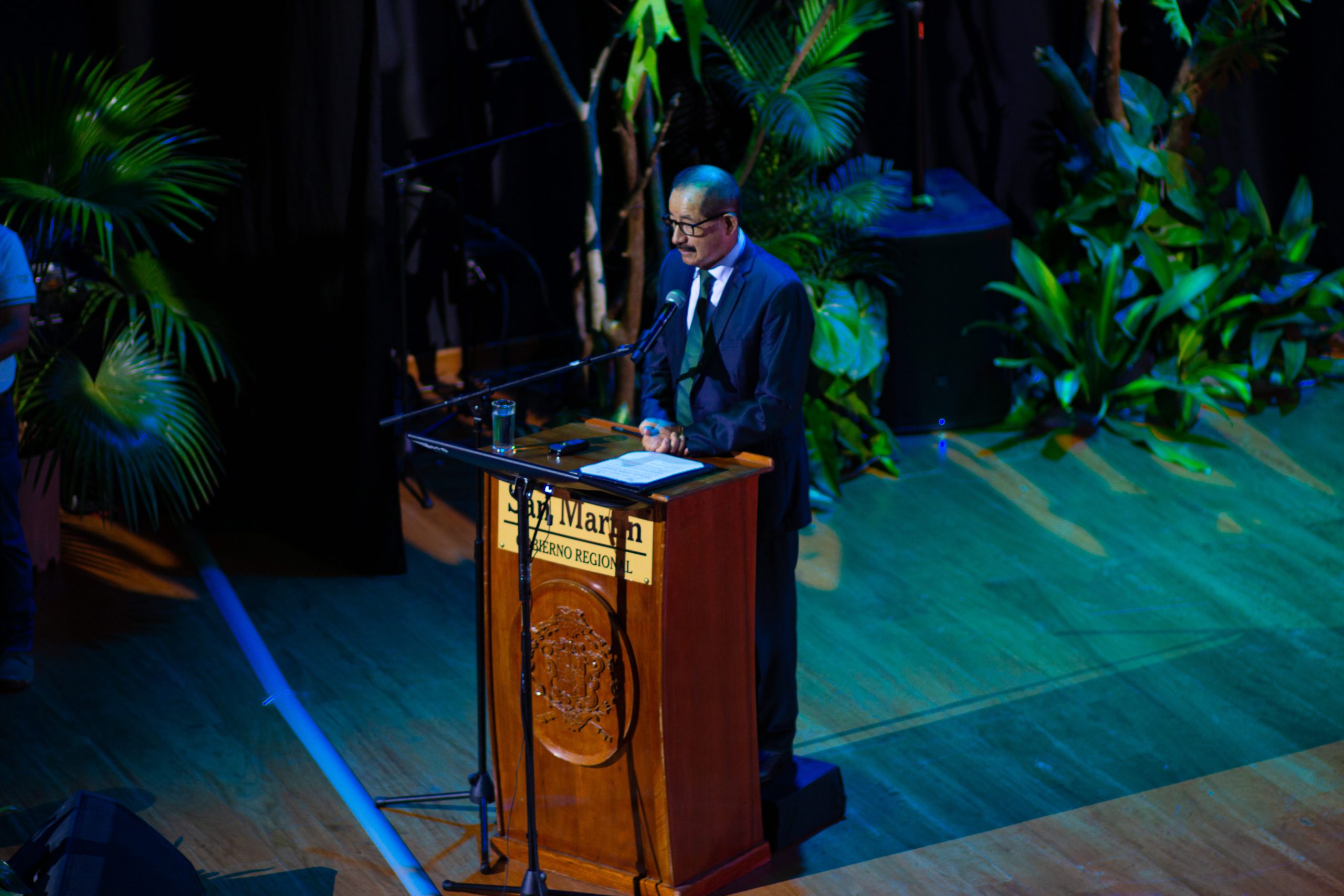
The meeting implemented several thematic roundtables that focused on the 4 main axes of the Manaus 2030 Action Plan: people and communities; knowledge, technology and innovation; finance, investment and private sector; and government and public policies. The objective of these roundtables was to exchange experiences in the work being done in favor of the forest economy, its sustainability and the recognition of indigenous peoples in the active participation in decisions about the future of their localities. The delegation from Profonanpe, the Peruvian environmental fund, together with Conservation International, led the organization of the round table “Finance, investment and the private sector”, in which more than 15 national and international organizations participated and shared their projects, challenges, lessons learned and financing opportunities at a multi-sectoral level, to achieve a circular economy in the Amazon.
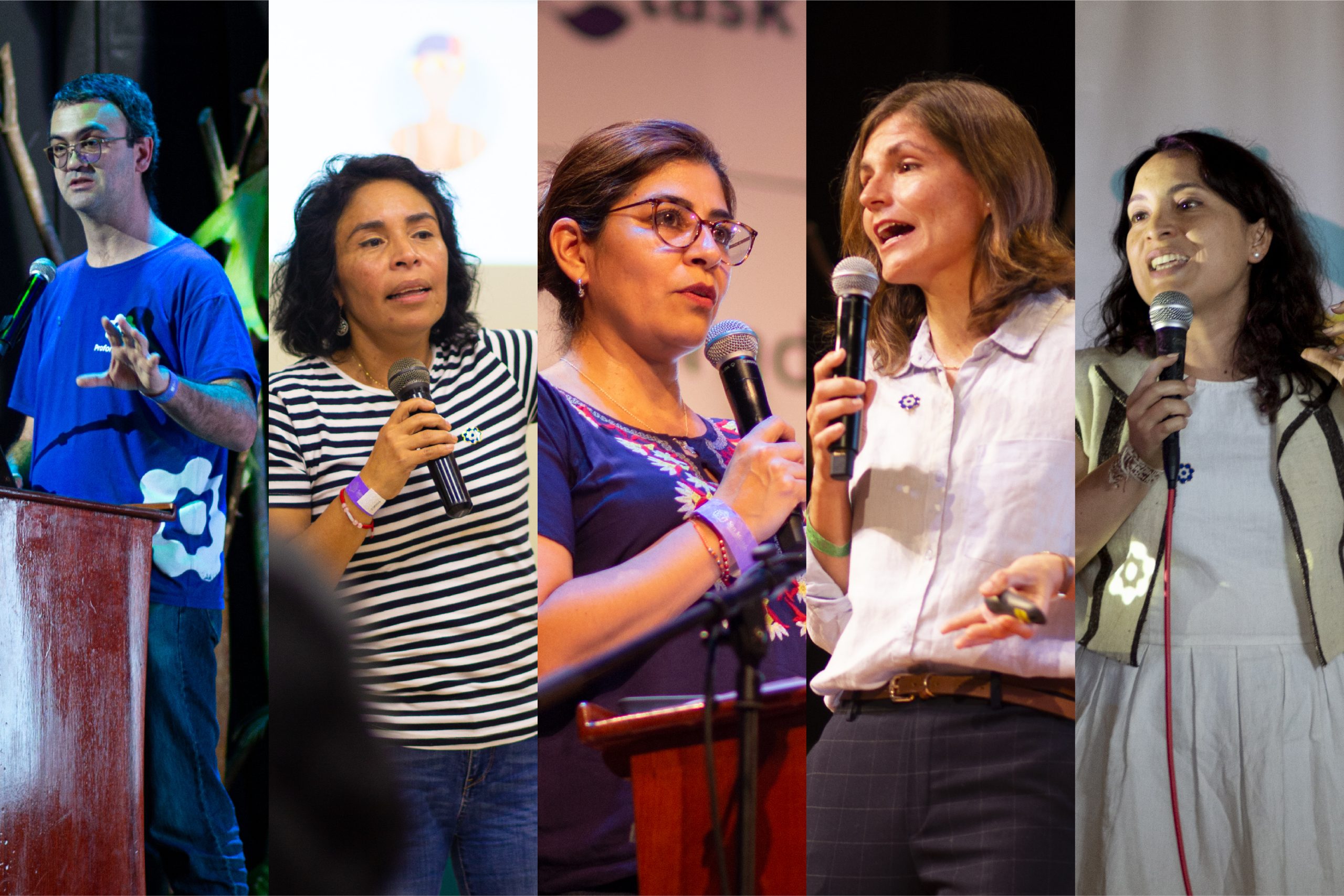
The meeting also witnessed the signing of the Declaration of San Martín, which commits 39 subnational governments from 10 countries, organizations and cooperation agencies to reduce the impact of activities that cause deforestation and the search for opportunities to achieve a sustainable forest economy in Amazonian territories. This document represents the commitment of its signatories to continue reducing deforestation; to generate the development of partnerships with private and public sector initiatives; and to rapidly and effectively channel funds to promote the economic and low-emission development of forest producers, farmers, stockbreeders, indigenous peoples, local communities and other forest sector stakeholders. Eight commitments have been signed that focus on scientific research, multi-sector participation, local community involvement and the development of instruments to demonstrate transparency in the management of projects and initiatives.
The next meeting will be held in Yucatan, Mexico, next year and it is expected to continue working through this network to advance the global climate agenda.
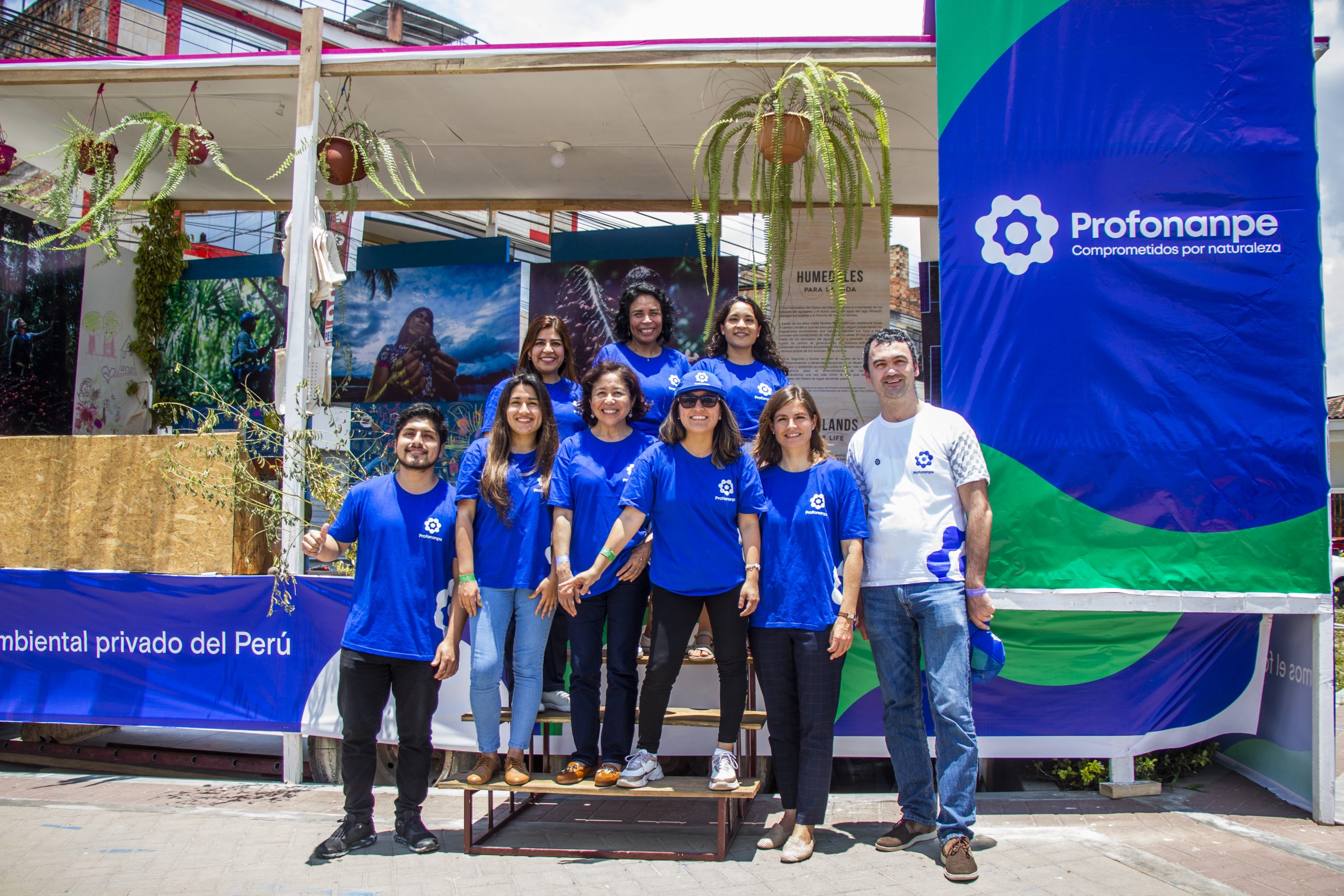
About GCF Task Force
The GCF Task Force is an international organization that works to protect the world’s tropical forests, climate and especially the Amazon. It is composed of 39 subnational governments from 10 countries and is currently co-chaired by the governor of Yucatan, Mauricio Vila, and the governor of San Martín, Pedro Bogarín. It is important to note that seven of the 39 subnational governments that are members of the GCF Task Force are from Peru: Amazonas, Huánuco, Loreto, Madre de Dios, Piura, Ucayali and San Martín.


